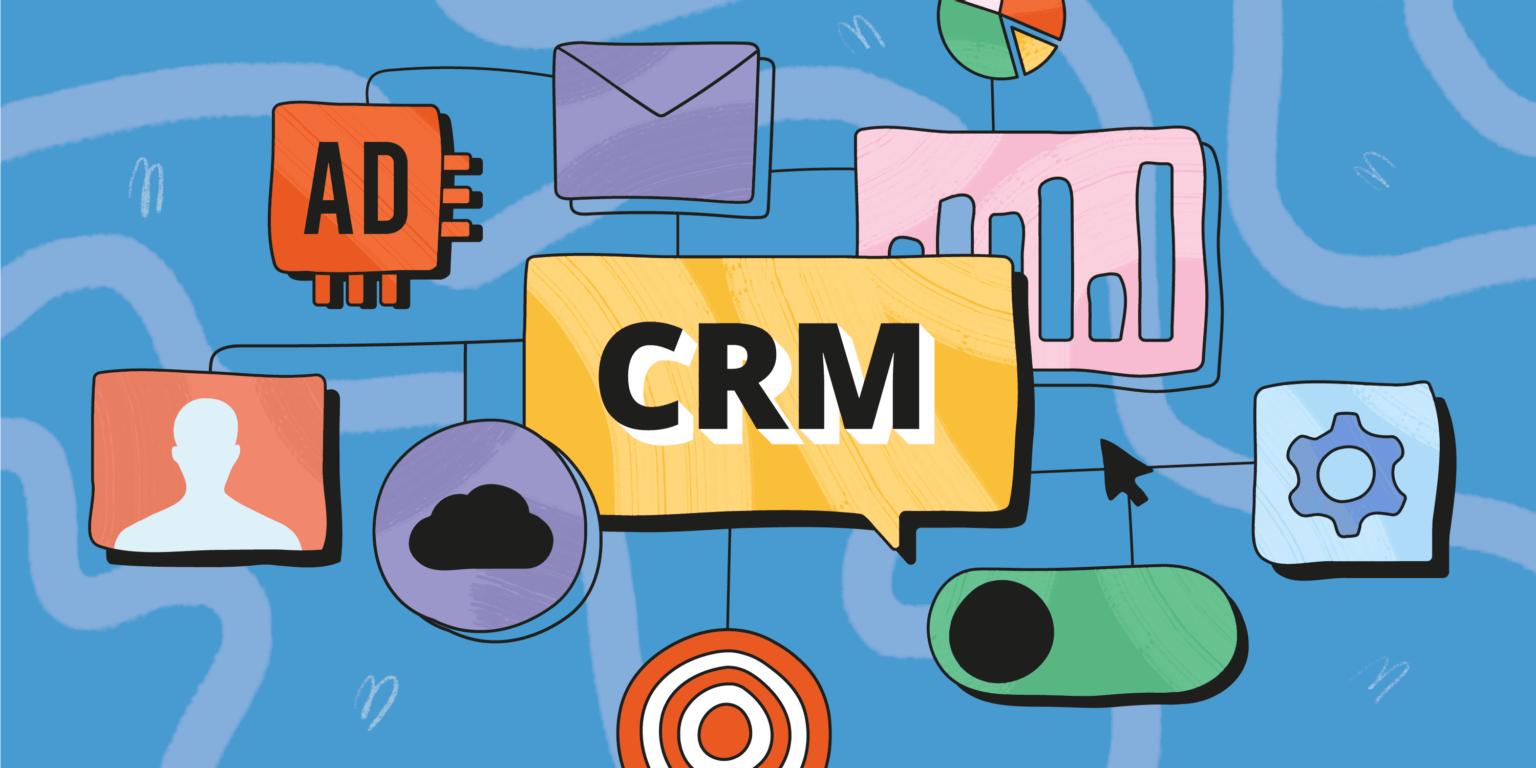No matter the size or industry of your organization, recognizing the importance of data for your business is crucial. Whether it’s pinpointing potential sales leads, managing current customer data, or evaluating your company’s performance, data can greatly impact your profitability.
However, effectively managing and utilizing data can prove to be quite challenging. Modern companies are responsible for safeguarding vast amounts of sensitive information, which can be a logistical burden, not to mention the legal and reputational repercussions that may arise from mishandling data.
Even if your company has a reliable data storage system in place, utilizing that data to your advantage requires meticulous attention to detail. For instance, you may have recorded the expiration date of a client’s contract, but without a timely reminder, you could potentially lose their business.
So, what is the solution? As you may have guessed, a CRM system is the answer to these issues.
A CRM solution, or customer relationship management solution, is a software tool that helps businesses manage their customer interactions and relationships. It typically includes features such as customer data management, sales pipeline management, marketing automation, and customer service management.
CRM solutions are powerful tools to grow your business by enhancing communication between departments, automating business operations. But why should any business invest in the purchase and implementation of this tool?
• Improved Customer Relationships: A CRM solution can help businesses provide better service and support to their customers by providing a central location for customer information and interactions. This allows businesses to personalize communication and address customer needs more effectively.
• Increased Sales: A CRM solution can help businesses identify sales opportunities and track the progress of deals. This can lead to more efficient sales processes and increased revenue.
• Better Data Management: A CRM solution can help businesses manage their data more efficiently by centralizing customer information and ensuring that everyone in the organization has access to the most up-to-date information.
• Streamlined Processes: A CRM solution can help businesses automate tasks such as customer follow-up and lead nurturing, which can free up time for employees to focus on more high-value tasks.
• Improved Collaboration: A CRM solution can help teams collaborate more effectively by providing a central location for customer information and interactions. This can lead to better communication and problem-solving.
When selecting a CRM solution, it is important to consider the following factors:
• Features: Make sure the CRM solution has the features that are most important to your business, such as sales pipeline management, marketing automation, and customer service management.
• Scalability: Choose a CRM solution that can grow with your business and accommodate your future needs.
• Integration: Make sure the CRM solution can integrate with other tools and software that you use, such as email marketing software or accounting software.
• Ease of Use: Choose a CRM solution that is user-friendly and easy to use for all employees.
• Support and Training: Consider the level of support and training that the CRM solution provider offers to ensure that you can get the most out of the software.
Our In conclusion, data management and utilization are essential for businesses of all sizes and industries. A CRM system can help businesses stay on top of their customer relationships and make data-driven decisions. With the value of data to a business being undeniable, investing in a CRM system is a smart move for any business looking to boost their bottom line.




